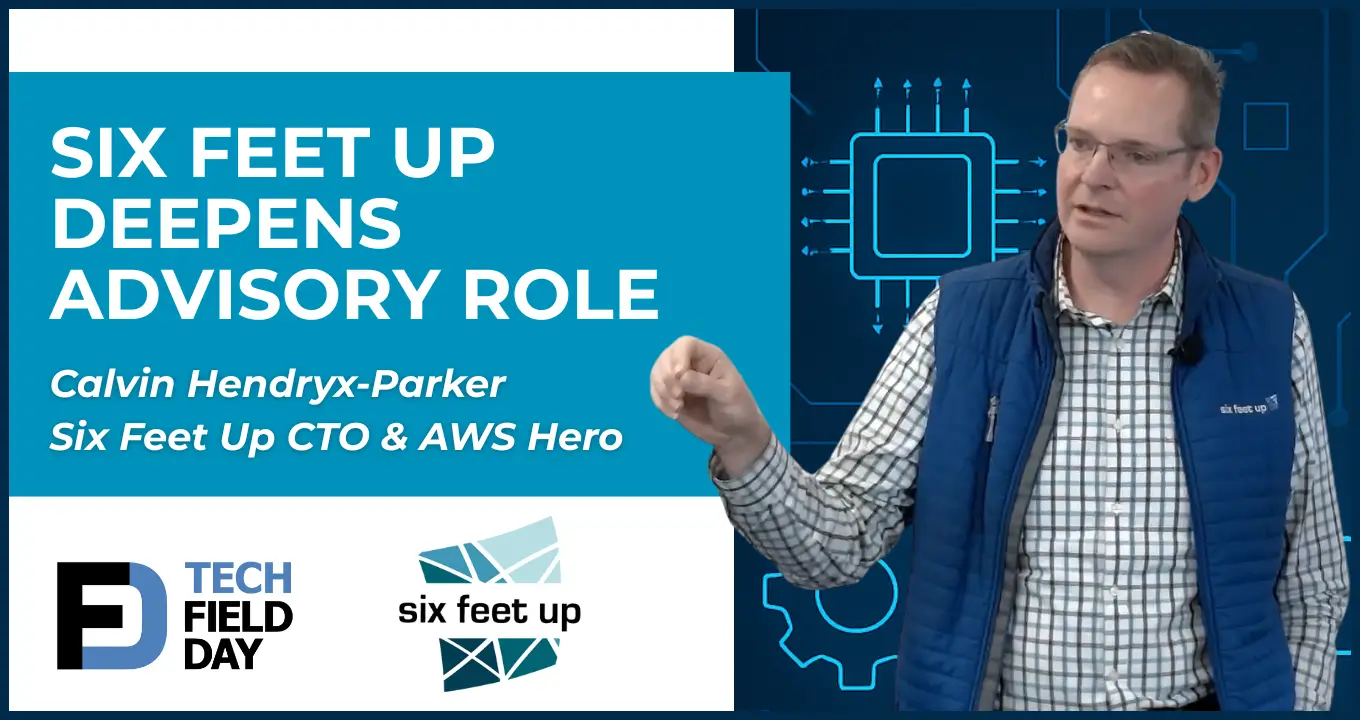
If you’re a tech leader, your world is full of confident claims: AI will transform developer productivity; cloud will cut costs; a new architecture will “future-proof” your business.
What you actually need to know is much narrower: Which approaches survive contact with real teams, legacy systems, and production constraints?
Tech Field Day, a Futurum company, brings together invite-only, independent technical influencers (“delegates”) and enterprise vendors for unscripted discussions and demos.
Calvin Hendryx-Parker, Six Feet Up CTO and AWS Hero, has participated in 11 delegations from 2020–2025, spanning AI, app development, and cloud infrastructure. The value isn't early access to tools. It's seeing how different vendors tackle the same problems, where architectures converge or fall apart under scrutiny, and how complete stacks behave beyond idealized diagrams.
That cross-vendor pattern recognition feeds directly into Six Feet Up's client work.
The questions facing tech leaders are no longer “should we use AI?” or “should we modernize our platform?” Those decisions are made.
This is the center of Six Feet Up’s advisory work: not hunting for a “perfect” tool, but shaping an operating model that can absorb new tools, new architectures, and new AI capabilities without collapsing under their weight.
At AI Field Day 7, Calvin applied this perspective to AI coding assistants, one of the fastest-moving areas in software delivery. The session covered how to adopt assistants intentionally: choosing tools that fit team culture, mixing models to balance cost and quality, and using Git discipline to keep AI-generated code reviewable.
Read A CTO’s Guide to AI Coding Assistants for practical guidance on adopting assistants that ship faster, reduce risk, and refocus developers.
If you're making decisions that will define how AI, custom software, and cloud work together over the next several years, Six Feet Up's cross-vendor perspective can help clarify what matters. Let’s talk.